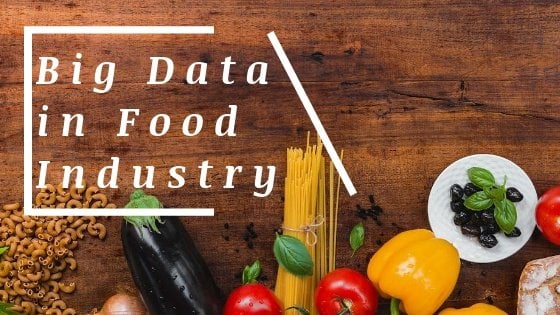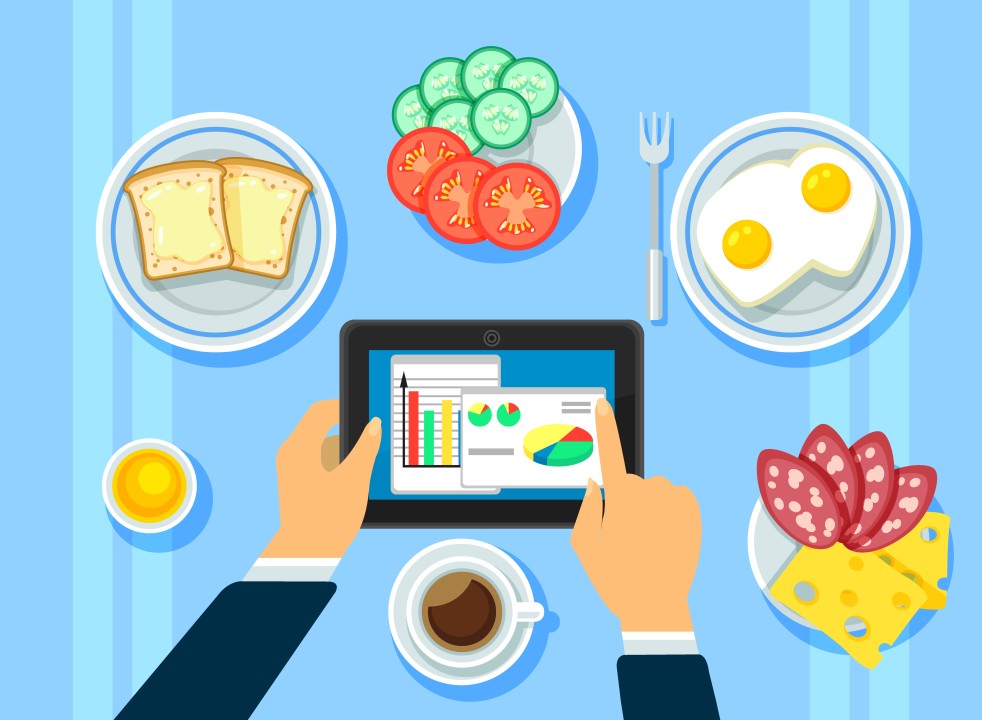5 Ways Data Can Supercharge Food Industry Success
The food industry is becoming competitive day by day. And data analytics is marking its importance in the food and beverage sector, even all business industries, to help them make informed decisions. The ways data can help supercharge the success of the food industry are immense.
Whether it is improving market position or maximizing revenue potential, data can do the things for you that you manually find cumbersome to do. That being said, how is data fueling the success of the food service industry? If you want to know the answer to this question, keep reading to fetch all the answers.
Contents
Daily operations
When you have the right data by your side, and you know how to analyze it, your knowledge can give fruitful results. This is true in the case of the food industry as well. As a manufacturer or vendor, doesn’t it feel great when you know how many items to prepare and deliver?
Where can you sell it to gain the maximum revenue? Also, you can find out the names of the restaurants that use the ingredients you produce to prepare their dishes.
This data helps you create how many units you need to produce daily, weekly, or monthly (As you might be growing the ingredient in bulk) to satisfy the restaurants you are delivering to.
Knowing the right supplies to meet this demand also becomes easy. All in all, you can seamlessly navigate your daily operations with the data information.
Optimizing resources
Do you know the foremost reasons why food service establishments are relying on food service data analytics? For cost reduction and resource optimization. Restaurant databases allow them to gain useful insights on best purchasing decisions, and menu items, and the list is endless.
These insights ensure that restaurants and other food businesses are running at optimal operational efficiency. Data can supercharge the way food service establishments can identify cost-saving opportunities or ways for additional resource development.
Here, the need for manual research vanishes as all the data you want is at your fingertips. Some platforms can even let you know the action steps that you can take to improve your strategies. Ultimately, it not only saves a huge amount of money for your business but also optimizes resources and increases profits.
Improving food quality
Food quality holds extreme importance in the food industry Blog. Maintaining quality using data analytics becomes hassle-free. What’s more? It not only helps maintain the quality but also assists in taking the food quality to new heights. Continuous monitoring by the software enables the production process to meet the stringent quality criteria.
For instance – You can find temperature-sensitive data monitoring services nowadays. Such devices help in the storage and transportation of food within optimal conditions, thereby preserving freshness and flavor. There is more to it. Data analytics can give a helping hand in keeping track of the performances of suppliers. This leads businesses to arrive at informed decisions as far as sourcing only the finest ingredients is concerned.
Efficiency in supply chain management
There is no denying the fact that a well-managed supply chain forms the backbone of success. In a world where perishable goods are becoming more prominent and quality standards are becoming stringent day by day, managing the supply chain becomes all the more important. Data analytics help with real-time visibility into every aspect of the supply chain.
The processes of keeping an eye on inventory levels and market demand have become hassle-free with the food industry data. You also get saved from the problems of stockouts or overproduction.
Energy management
If you want to know the frequency of the orders placed by restaurants, data analytics is your friend. You can find out how many times your ingredient or food item is ordered by the food businesses in a day and at what specific time period. Imagine having a dashboard by your side giving you clear insights on a number of orders according to the dates.
This data might not be useful for some businesses. But if you give wise thought to it, it allows a deeper understanding of where and when your energy is consumed the most. Tracking your energy usage for numerous days helps you determine the days or times when you can reduce your energy consumption.
You can wisely save costs or cut on unnecessary spending on days when you don’t get many orders and have a better understanding of your energy usage. All in all, data enables you to form more effective and efficient energy management strategies to take your food business higher.
To make a long story short
Believe it or not, the data analytics platform forms a vital part of the food and beverage business to improve their decision-making process along with business operations. Having the right tools and expertise is a way to drive your business towards success.






